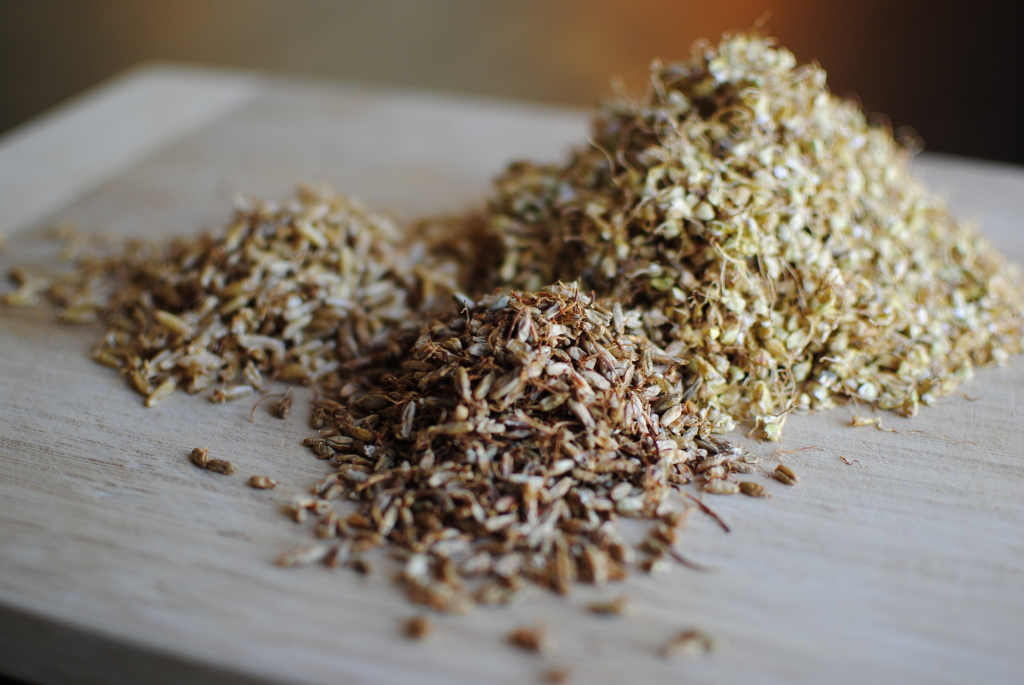Alakazam - Answers from Joan
Gluten is only one kind of a Lectin???
Just so you know, gluten is a lectin. There are others.
Lectins are a class of molecules called glycoproteins (molecules that contain a protein and a sugar). Lectins can be found in whole grains, legumes, nightshade vegetables and animals fed foods rich in lectins.
Below is an excerpt from my book, The Raw Kitchen Magician, pertaining to lectins. Beware, the list contains many staples from the raw-food diet, especially shocking are the nightshades. Do not despair, for there are ways to make favorites like marinara sauce without tomatoes and bell pepper.
Lectins are problematic because they are sticky molecules that can bind to the linings of human tissue, especially intestinal cells. In so doing, they disable cells in the GI tract, keeping them from repairing and rebuilding. Therefore, lectins can contribute to eroding your intestinal barrier. Because the lectins also circulate throughout the bloodstream they can bind to any tissue in the body (organs like the thyroid and pancreas, and collagen in joints). This binding can disrupt the function of that tissue and cause white blood cells to attack the lectin-bound tissue, destroying it. This is an autoimmune. response. Many diseases result from lection consumption: Leaky gut, food allergies/sensitivities, inflammation, autoimmune disease, celiac disease, weight gain, low energy and rheumatoid arthritis.
Lectins can be deactivated by soaking, sprouting, fermenting or cooking. Only the lectins found in legumes seem capable of surviving all of these deactivation methods.
Not everyone appears to be negatively affected by lectins. Many people may be having problems but they just don’t realize it until they remove lectins from their diet (normally wheat and dairy) and experienced much improved energy and weight control. And many people are able to tolerate lectins mainly due to the balance of gut flora (adequate beneficial flora serves as a protective barrier against substances that travel through the intestines, including lectins).
If you have any lectin-related health issues like arthritis, allergies or autoimmune disease, it might be very helpful to reduce your intake of lectins, especially from wheat. It’s also very important to balance immunity by working on stress management and gut health.
For more information about lectins or lectin elimination protocols, see Dr. Gundry’s website, www.drgundry.com. Also my book, The Raw Kitchen Magician covers ways to substitute out the high-lectin foods.


